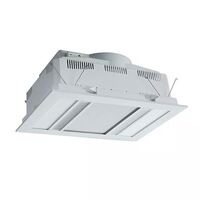
Martec Phoenix 3-in-1 Fan, Heater, Light & Exhaust White
Model # MBHP1000W
Model #
MBHP1000W
$324.50 $295.00 ex GST
Download the MJS App today and get everything you need at your fingertips



Need Help?

Martec Phoenix 3-in-1 Fan, Heater, Light & Exhaust White
Model # MBHP1000W
Model #
MBHP1000W
$324.50 $295.00 ex GST
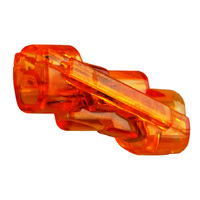
IDEAL Spliceline 2-Port Inline Connector (100 Jar)
Model # 30-1142J
Model #
30-1142J
$38.50 $35.00 ex GST
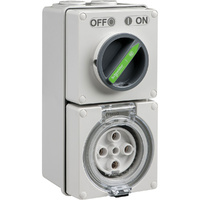
Clipsal Easy56 Round 5 Pin 32A Switched Socket
Model # EY56C532
Model #
EY56C532
$134.50 $122.27 ex GST
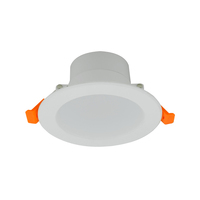
Tradelike BUDDY 10W Non-Dimmable LED Downlight Kit 4000K
Model # TLBU4010W
Model #
TLBU4010W
$4.95 $4.50 ex GST

Clipsal Wiser Smart Smoke Alarm with 10 Year Lithium Battery White
Model # CLP599WSAL
Model #
CLP599WSAL
$152.90 $139.00 ex GST
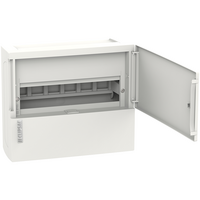
Clipsal Resi MAX 1 Row 12 Pole Surface Mount Switchboard
Model # RMXE112S
Model #
RMXE112S
$46.20 $42.00 ex GST
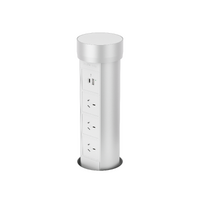
Point Pod Multi Pop Up Powerpoint 3 x Power 2 x USB Silver
Model # PPM01
Model #
PPM01
$490.50 $445.91 ex GST
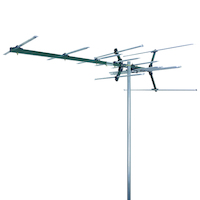
Matchmaster 03MM-DC21V Digital TV Antenna
Model # 03MM-DC21V
Model #
03MM-DC21V
$137.50 $125.00 ex GST
 Click here to see our huge range
Click here to see our huge range
Date Posted:16 June 2023
Not all cables are made equal though, so they will not suit every job. Therefore, your electrician needs to consider the requirements of the work carefully. If they don’t, the cable can become damaged through use. This then can lead to damage to property, like circuits constantly being shorted or even fires being started. If the cable is severely compromised or is vastly inappropriate for the job it is being used for, it can lead to injury, such as shocks and burns, and even electrocution-related deaths.
That’s why having access to a range of quality and reliable power cables is a must for all electricians. But how do they know which is right for the job?
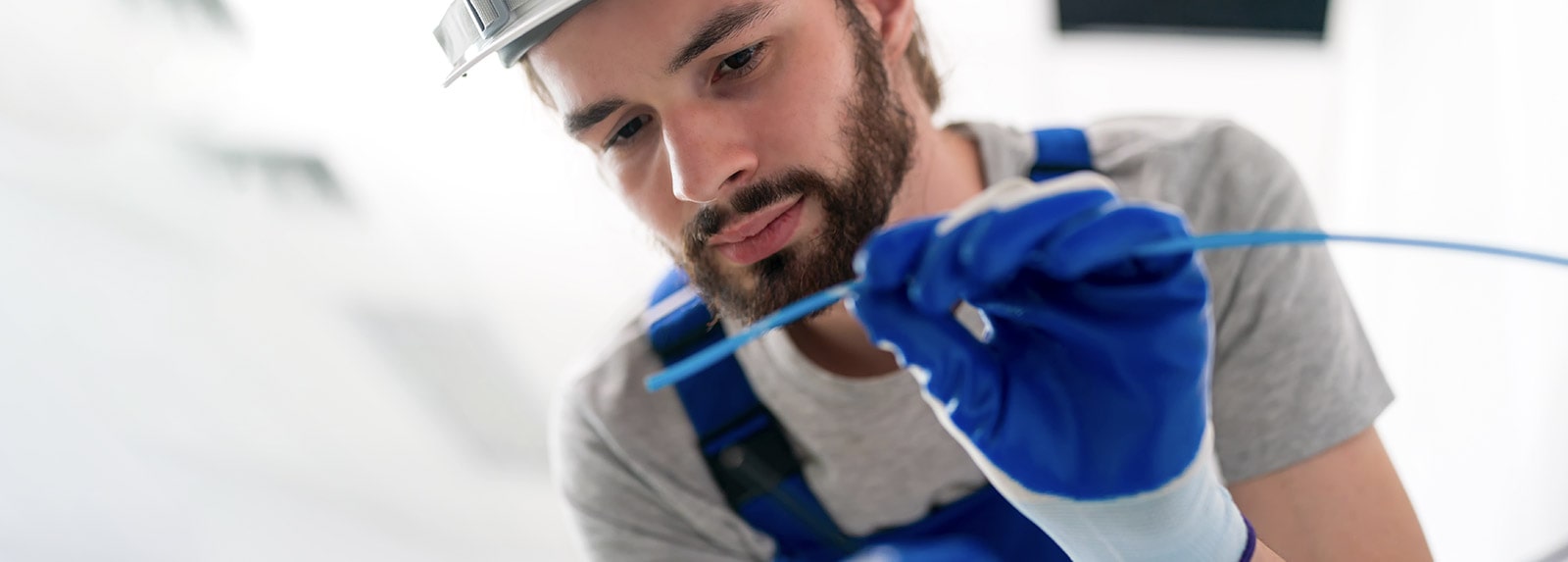
There are three main aspects of a power cable that an electrician needs to factor in when picking the right cable for the job.
Understanding how the cable will be used and affected by day-to-day wear and tear is of utmost importance. Therefore, knowing what current it will need to be able to comfortably carry is vital. It may also need to withstand a level of short circuits and thermal damage.
Similarly, how and where the cable will be installed is an important consideration too. For instance, it may be regularly exposed to the elements, and even have everyday interaction, leading to greater wear and tear. This can then affect the cable’s tension and strength if a suitably durable option has not been correctly selected.
A cable’s composition including the conductor material, amount of insulation and shielding, and the final finish all need to be carefully considered.
In regards to the conductor materials, these need to be chosen with thought given to environmental conditions and maintenance requirements. Similarly, the class of stranding the job requires will also be a factor. For instance, single-conductor cables can be easier to install and splice, but can overheat more easily. In comparison, multi-conductor cables have a better balance and distribution of voltage stress.
When it comes to insulation and finish, this is another area where the conditions the cable will be operating in must be thought about. For instance fluctuations or extremes in temperature can be detrimental for some cables. Additionally the cables may be exposed on the regular to damaging elements, like oils or solvents, or even pests like rats, and therefore need to be able to withstand these interactions. Voltage stress across the cable’s different operating conditions will also impact the final insulation and finish combination chosen.
Finally, shielding is also a factor for cable choice. As shielding helps mitigate air particle ionisation, it becomes more critical for cables carrying higher loads. Proper shielding helps to limit safety hazards and improve the reliability of circuits.
Regulations and standards on electrical work and materials exist to improve safety for all. Choosing cables that meet these standards helps ensure that they are safe to use. Additionally, standardisation across the entire national product range means that electricians returning to the work at a later stage or using the cables in various jobs can make a fair assessment of what the cable is and is suitable for. Furthermore, all electrical cables in Australia must carry the RCM mark or relevant approval number printed on the outer sheath of the cable. Without this approval number, the cable is illegal to sell on the Australian domestic market.
At MJS Electrical Supplies, we understand the importance of a job well done using the correct tools and materials. That’s why we are dedicated to providing quality cables and more for electricians to purchase for all their work. Produced by reputable manufacturers and meeting all relevant Australian standards, our collection of power cables are ready to use and rely on across a range of jobs.

Copyright © 2025 MJS Electrical Products & Supplies. All rights reserved



Add your favourites to cart

Select Afterpay at checkout

Log into or create your Afterpay account, with instant approval decision

Your purchase will be split into 4 payments, payable every 2 weeks
All you need to apply is to have a debit or credit card, to be over 18 years of age, and to be a resident of country offering Afterpay
Late fees and additional eligibility criteria apply. The first payment may be due at the time of purchase
For complete terms visit afterpay.com/terms
 .
.